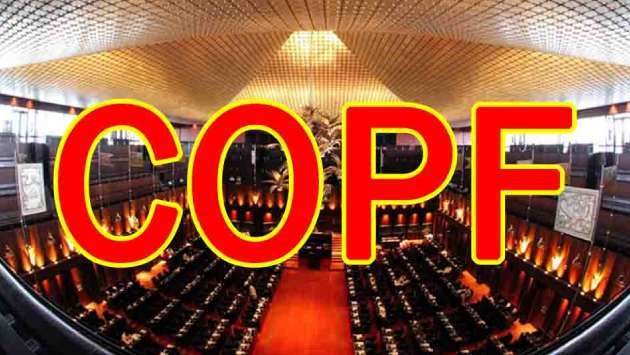By: Staff Writer
October 25, Colombo (LNW): Sri Lanka’s Committee on Public Finance (CoPF) has called for a comprehensive overhaul of the country’s tariff regime, even as it approved higher Special Commodity Levies (SCL) on key agricultural imports a move that underscores the continuing tension between protecting local farmers and maintaining fiscal discipline.
According to the Parliament Secretariat, the CoPF has approved an increase in the SCL on imported big onions and potatoes, effective 26 August 2025. The levy on big onions rose by Rs. 10 per kilogram from Rs. 40 to Rs. 50 while the levy on potatoes increased by Rs. 20, from Rs. 60 to Rs. 80. The revision aims to ensure fair farmgate prices during the 2025 Yala cultivation season and discourage cheap imports that undermine local producers.
Officials admitted that although the SCL was initially intended to be phased out, it continues to serve as a protective barrier for domestic agriculture. However, the CoPF cautioned that Sri Lanka’s tariff regime must evolve into a more transparent, predictable, and sustainable system, aligned with international trade norms.
The committee instructed the Ministry of Trade and the Ministry of Finance to harmonise existing legislation with the National Tariff Policy and fast-track the transition to a simplified four-band import duty structure. This reform, to be implemented between 2027 and 2030, envisions a gradual phase-out of para-tariffs such as SCL and CESS that have complicated the trade regime and created uncertainty for both importers and exporters. A comprehensive progress report is expected by March 2026.
Beyond tariff reform, the CoPF stressed the need to strengthen agricultural productivity to reduce long-term dependence on import restrictions. It recommended that the Department of Agriculture launch a national programme promoting high-yield cultivation kits for big onion farmers across all major growing regions within the next five years. The proposal includes establishing temperature-controlled storage facilities, implementing buy-back schemes, and introducing future contracts to minimise post-harvest losses and stabilise farmer income.
These measures, the committee argued, would help shift the focus from short-term tariff protection to long-term competitiveness, aligning with broader economic diversification goals.
In parallel, the CoPF also approved new regulatory measures under the Excise Ordinance to tighten enforcement and improve revenue collection from liquor manufacturers. Under the revised rules, manufacturers failing to pay duties within 30 days will face suspension of production, with sales and distribution halted after 90 days. The existing 3% monthly penalty on unpaid duties, the committee observed, has proven ineffective due to weak enforcement mechanisms.
Analysts note that these tariff and excise reforms represent a delicate balancing act between protecting domestic industries, maintaining revenue stability, and modernising Sri Lanka’s trade framework. If implemented effectively, the reforms could enhance investor confidence, boost agricultural efficiency, and reduce fiscal distortions crucial steps toward building a more sustainable and competitive post-crisis economy.
